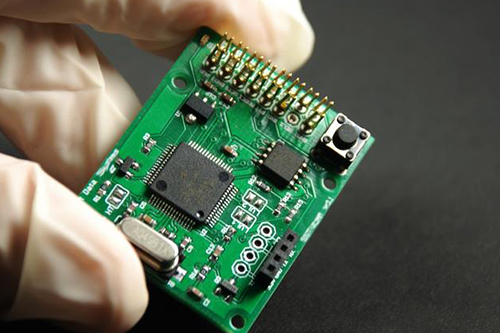Consulting phone:
135-3037-2041
(Mr.Wang)
The characteristics of lithium-ion batteries and electric double-layer capacitors are compared.
Lithium-ion capacitors are characterized by high output power and excellent charge-discharge cycle characteristics, and are mainly used in automotive fields such as hybrid vehicles that require high power.
1. Comparison of voltage, capacity and self-discharge The
difference in material compositionlithium-ion capacitors and lithium-ionbatteriesThe positive electrode of a lithium-ion capacitor is activated carbon, which is different from the lithium oxide of a lithium battery. The negative electrode of the lithium ion capacitor is made of carbon material, the electrolyte is made of lithium ion organic matter, the positive electrode stores electricity through the electric double layer, and the negative electrode stores electricity through the redox reaction of lithium ions. The energy density of lithium-ion capacitors is lower than that of lithium-ion batteries, but the output density is high; the energy density of single volume is10~15Wh/L, which is much larger than the capacity of 2~8Wh/L of electric double layer capacitors, which is the latter'sTwice. In terms of voltage, the voltage of lithium-ion capacitors can reach4V, which is similar to that of lithium-ion batteries, much higher than that of electric double-layer capacitors, and smaller than both in terms of self-discharge. 2. Safety: The replacement of
lithiumbatteries is a major advancement in battery technology, but safety accidents of lithium batteries also occur frequently. As mentioned above, this is also caused by the difference in the structure of its positive electrode. . The positive electrode of a lithium battery uses lithium oxide, which not only contains a large amount of lithium that can form lithium dendrites and pierce the separator, but also contains oxygen, an important ignition element. Once the battery is short-circuited, the overall thermal decomposition can develop, and the reaction with the electrolyte can cause combustion.
The positive electrode of lithium-ion capacitors is activated carbon, and even if the internal short circuit will react with the negative electrode, it will not react with the electrolyte. In theory, this is much safer than lithium batteries.
3. Long-life characteristics: In order to achieve long-life lithium batteries, there are certain limits on the charging and discharging depth of lithium batteries, which reduces the substantially usable capacity. The charging and discharging principle of electric double layer capacitors is purely based on adsorption. Or it has a long life by removing the ions in the electrolyte, and it is difficult to prolong the actual life by this alone. However, even if the positive electrode potential of the lithium ion capacitor is lowered, the voltage of the cell itself does not drop significantly, so the capacity can be ensured.
4. High temperature resistance characteristics: The weakness of power storage In the process of repeated charge and discharge, the internal resistance will increase the temperature, thus affecting the life. This is because the electrolyte and the positive electrode are prone to oxidative decomposition under high temperature conditions. Therefore, it may be necessary to reduce the potential of the positive electrode under high temperature conditions. , but when the potential decreases, the overall voltage of the electric double layer capacitor decreases, and the capacity cannot be ensured. Lithium batteries cannot reduce pressure, which is prone to safety problems. Only lithium-ion capacitors can be used in locations where the positive electrode potential is far from the oxidative decomposition region, so they have excellent high-temperature performance.
